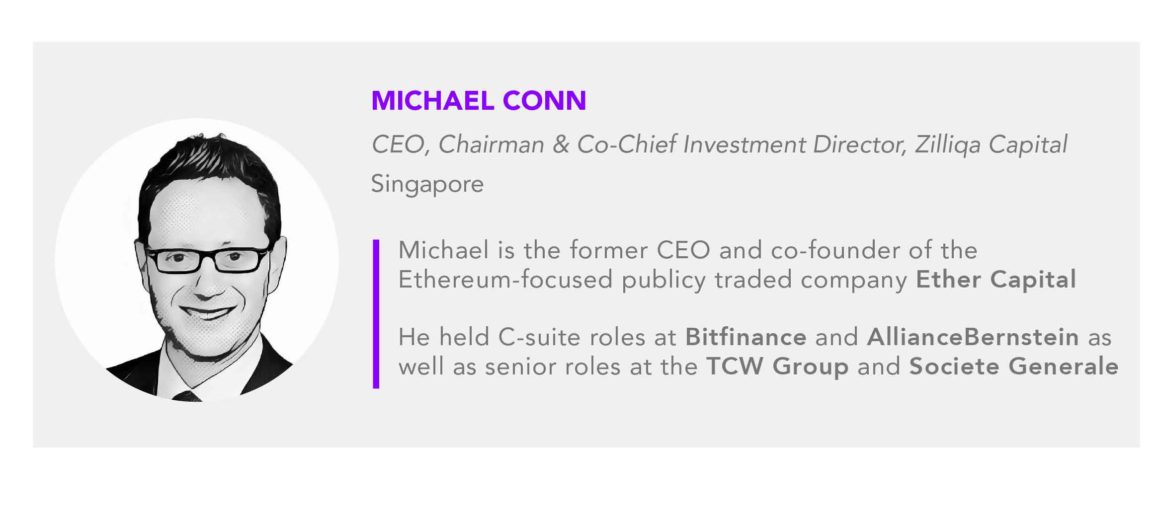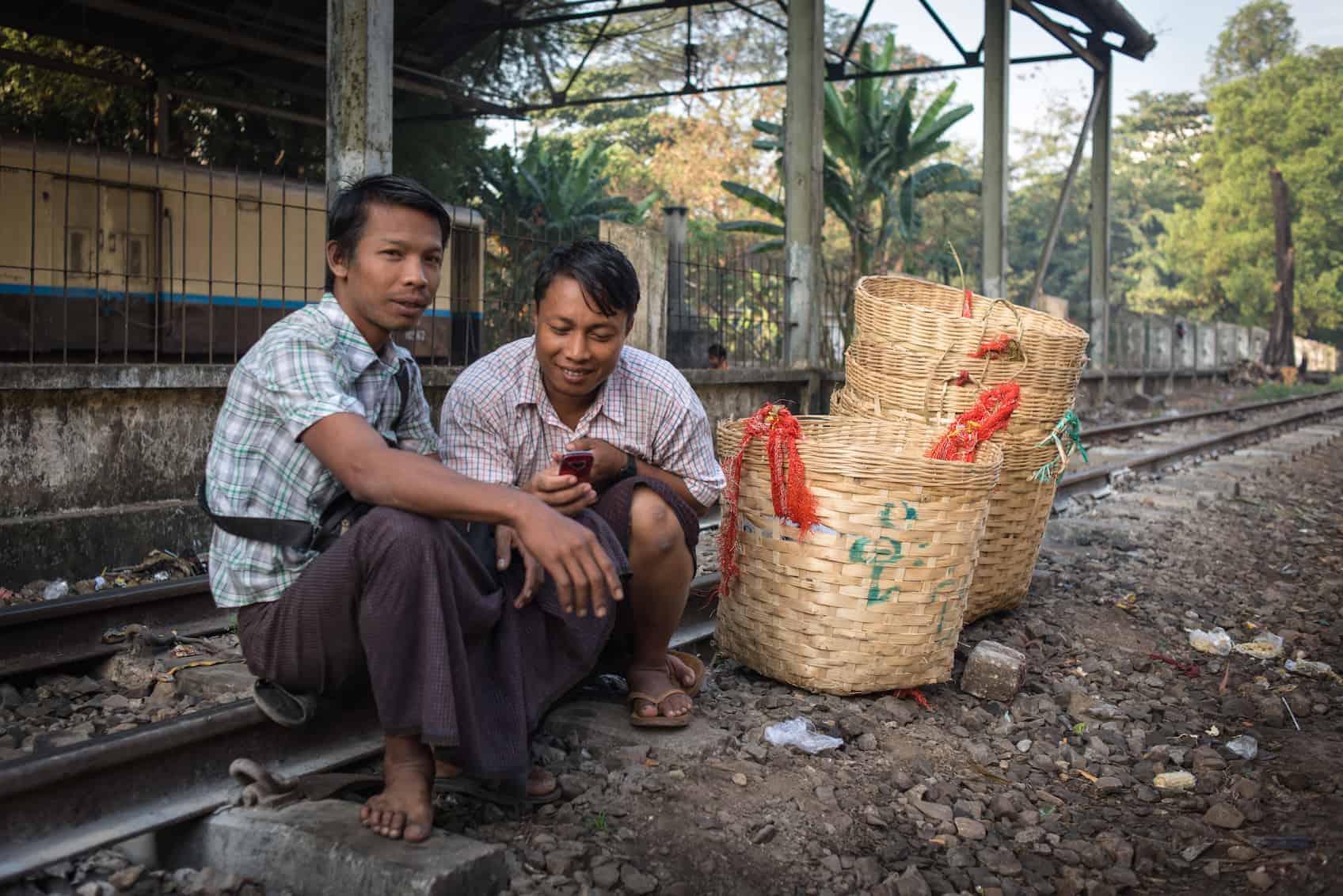In 1776, the Scottish philosopher and economist, Adam Smith, highlighted the problems of “beggar thy neighbour” policies in his timeless treatise, The Wealth of Nations. In what was a revolutionary concept at the time, Smith criticized mercantilism and protectionist trade policies that encouraged nations to beggar or harm each other in order to increase their own economic gain. Instead, Smith advocated another approach — that of free trade — which he viewed as more likely to lead to long-term economic growth that would increase the wealth of all nations.

Fast forward to 2021, and the concept that economic benefit can be maximized through open markets is no longer revolutionary, but the opportunity that we collectively have through decentralized financial (DeFi) markets to put this into broad real-life practice, has never been greater.
The innovation that we are seeing today in fintech, distributed ledger technology (blockchain) and digital assets has created a reality that allows for financial inclusion in ways that could never have been imagined before. Bridges from traditional finance to DeFi are being built to create real-world solutions for real-world challenges, especially in the areas of payments, remittances, lending, insurance and investments.
Opportunity below the surface
According to the World Bank, ASEAN is home to an unbanked population of about 290 million, with only 18% of the region having access to credit, financial services or investment products. To date, over 70% of wage payments and government transfers are still being handled in fiat currencies (cash).
At the same time, it is these same exact countries that are also home to young populations with a strong drive for entrepreneurship. According to the World Economic Forum’s 2019 ASEAN Youth Survey, 31.4% of the youth surveyed across the region were either entrepreneurs or worked for a start-up, and 33.1% aspired to work in an entrepreneurial setting.
In addition, this region has a parallel dichotomy of burgeoning rates of digital literacy, mobile internet connectivity, and a digitally savvy generation of consumers, which is juxtaposed with the reality that in some of these countries, the unbanked and underbanked represent 60 to 70% or more of the population.
This has created an ecosystem ripe for change.
Increasingly, with greater focus on the development and nurturing of the right skills and through enhanced exposure to technical mentorship, these same people are building the very frameworks necessary to create solutions and products for the population that are underserved and overlooked by legacy finance.
Within the past several years, innovations in fintech — that run the gamut from the rise of digital payment solutions through the growth and implementation of blockchain — have all played a critical role in developing the requisite infrastructure for greater financial inclusion.
DeFi’s model of peer-to-peer engagement and inventiveness, has created a significant opportunity for the making of real-world solutions to the challenges that exist of giving people a proverbial “seat at the table.”
The possibilities for financial inclusion alongside the accretive upside that these types of businesses generate mean that throughout the ASEAN and Indian region entrepreneurs, technologists, investors and innovators are working side-by-side to create open markets that can truly help everybody.
Eureka: A new financial world
Millions, if not billions of people around the world will benefit from DeFi solutions in the areas of payments, remittances, lending, insurance and investments.
A focus on remittances alone demonstrates the clear value proposition and sustainable business opportunity. Even with the impact of Covid-19 and falling oil prices, global remittances to low and middle-income countries (LMICs) were projected to be valued at US$445 billion in 2020, with many of these transfers taking place within the ASEAN region.
In a space dominated by companies such as Western Union and Wise (formerly TransferWise), the fees for transferring money across borders can often exceed 20%, while the time it takes can be as long as five days. In certain cases, the fees incurred for the transfer of funds can even exceed the value of the funds being sent.
These fees are not insignificant. From a high-level perspective, cutting remittance costs even by 5% will amount to US$16 billion a year in savings. And blockchain can help achieve even more meaningful savings than that.
DeFi applications that are designed to facilitate micropayments and smart contracts can help to reduce transaction fees to a mere fraction of what traditional remittances usually cost and transfer times can be shortened from days to minutes. This would have an immediate impact on both individuals and SMEs doing business in the region.
The most incredible aspect of all of this is that in most cases, all that is required to facilitate these solutions is a mobile wallet application and an open DeFi market and ecosystem.
Icing on the cake
In early 2021, DeFi applications on a global basis surpassed US$45 billion in total assets. A drill-down into the ASEAN region alone, shows that there are US$7 billion in revenues forecast to be up for grabs over the next several years. With financial growth and upside such as that in play, the current interest and investment taking place in DeFi is not even in the first inning of the game.
Ultimately, through innovation and impactful investments in disruptive technologies, we can hopefully create a future where financial inclusion is the expectation, rather than the exception. As we continue to witness a new generation of entrepreneurs building real-world solutions that are designed to enable a brighter future, we can expect to see the development of even more sophisticated financial solutions built for a more inclusive digital asset driven economy.
The icing on the cake is this yet to be fully discovered multi-billion-dollar opportunity to work alongside the entrepreneurs, technologists, investors and innovators passionate and crazy enough to believe in a future filled with true access for the masses and real financial inclusion, where nobody is willingly left behind.




